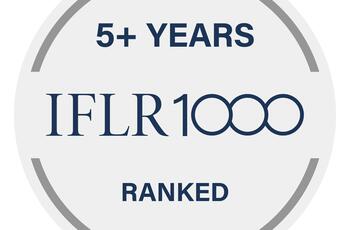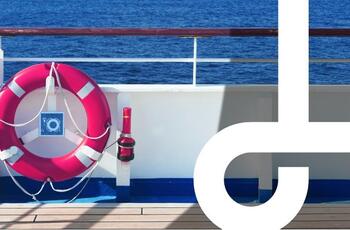
Is exhaustion of trademark rights a matter of fact or a matter of intention?
The French company Moet Hennessy has lodged an appeal before the Netherlands Supreme Court against a decision of the court of appeal of The Hague to the effect that Moet Hennessy’s trademark rights in relation to certain products were exhausted after Moet Hennessy had sold these goods on Union customs status in The Netherlands to third party buyers. The grounds for cassation are twofold. First, Moet Hennessy had stipulated that the goods were shipped out of The Netherlands and sold in Africa and were therefore not intended to be marketed in the EEA. Second, as a consequence of the intended and agreed place of sale, the sales price of the goods was lower than the price set by Moet Hennessy for marketing in the EEA, thus Moet Hennessy has been deprived from realizing the economic value of its trademarks in the EEA by the successive sale in The Netherlands.
The questions for the Supreme Court to answer are if the trademark owner’s intentions to a sale are relevant for the assessment of exhaustion and secondly whether it has not been able to realize the economic value of its trademark if it has stipulated a lower price, in line with its intentions for sale in third countries? The Advocate General has given his opinion.








